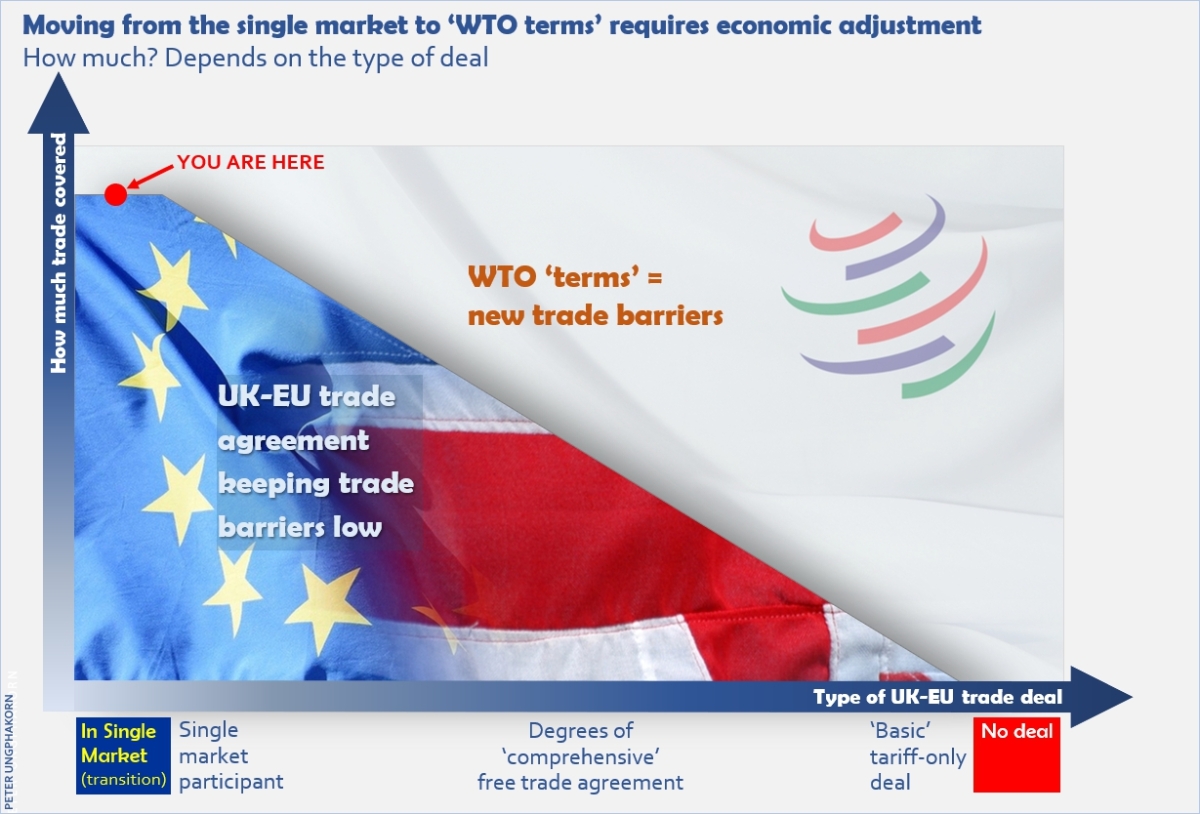See also
WTO reform: 39 members call for more information to be made public
How wide should the WTO window be set? 2 External transparency
By Peter Ungphakorn
POSTED DECEMBER 15, 2023 | UPDATED DECEMBER 15, 2023
India, China and Antigua and Barbuda told the last meeting of the year of the World Trade Organization’s General Council on December 14, 2023, that they needed more time to discuss a proposal for more public transparency with WTO documents, effectively kicking the issue down the road.
The proposal has been resubmitted adding the US as a new sponsor — the US was already calling for meeting agendas to be made public as long ago as July 1998. (The updated text is below. The original version is from July.)
The 39 sponsors — Australia, Brazil, Canada, Colombia, Costa Rica, the EU (and its 27 members), New Zealand, Norway, Switzerland, Taiwan, the UK and the US — want many important documents to be released to the public immediately, or faster than at present, some of them currently never made public.
![]()
We see no compelling reason why these must be kept restricted as they are formal statements explaining the state of our work
— the proposal’s sponsors, comment A2
They include meeting agendas and notes added to the agenda headings, and a wide range of reports by the WTO Secretariat — “We see no reason why [normal] official documents prepared by the Secretariat should ever be restricted”.
They also include documents that a member may want to be released related to its own individual commitments to open up their markets, currently always secret. These are officially called “schedules” of commitments.
Continue reading “Sceptics delay proposal for more WTO documents to be made public”










